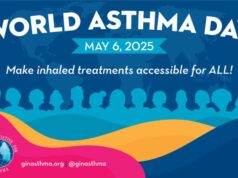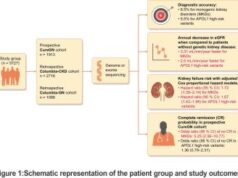The Federal Government says it has deployed 60,000 Environmental Health Emergency Volunteers to enforce COVID-19 guidelines in schools across the 774 Local Government Areas of the country.
The news is coming less than one week after the Federal Government ordered that schools in the country can reopen on October 12.
In his briefing on Monday in Abuja, Minister of Environment, Dr. Mohammad Abubakar disclosed that the decision was reached after due consultations with stakeholders and the Presidential Task Force on COVID-19.
He further explained that the deployment of the EHEVC became pertinent following concerns over post-COVID –19 safety plans put in place by the federal government ahead of the reopening of schools.
“As a major stakeholder, the Ministry of Environment is set to play its role in the entire chain of events in school reopening.
“We shall be activating 60,000 of such volunteers to cover schools in all the 774 local governments in the Federation,” he said
He disclosed that the health officers will be assisting all the schools to ensure compliance to COVID-19 safety measures such as compulsory use of face mask, regular hand washing, temperature checks and physical distancing.
The minister noted that stakeholders in the education need not worry about the competence of the sanitary officials who he said has proven their mettle.
According to him, similar EHEVC volunteers were engaged to man environmental health surveillance desks and ensure COVID-19 compliance during the last West African Senior School Certificate Examination in the country.
“The EHEVC will be utilising as was done previously, based on the outcome of their performance in the examination centres’ surveillance.
‘’The 60,000 EHEVC will be working with other stakeholders at the sub-national levels in accordance with the guidelines for the safe re-opening of schools.
“The role of the EHEVC includes participating in developing detailed protocols, establishing and maintaining prescribed Hygiene Standards and practices including Water, Sanitation and Hygiene (WASH) provision.
“Additional measures for temperature checks and screening, hand hygiene, access to adequate gender-segregated toilet facilities, adequately ventilated classrooms, hotel accommodation, use of face masks and shields, proper food preparation and disposal of waste should also apply,” he said.











